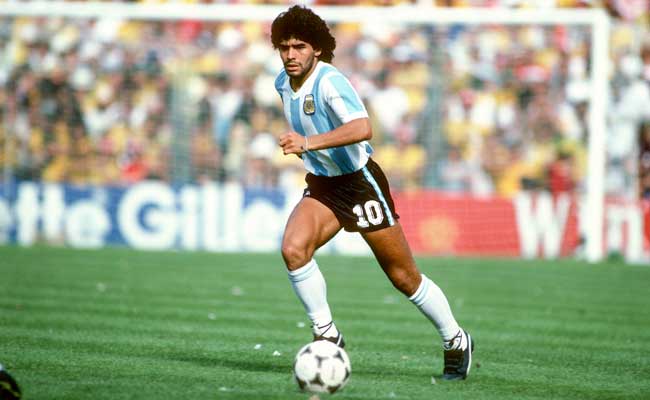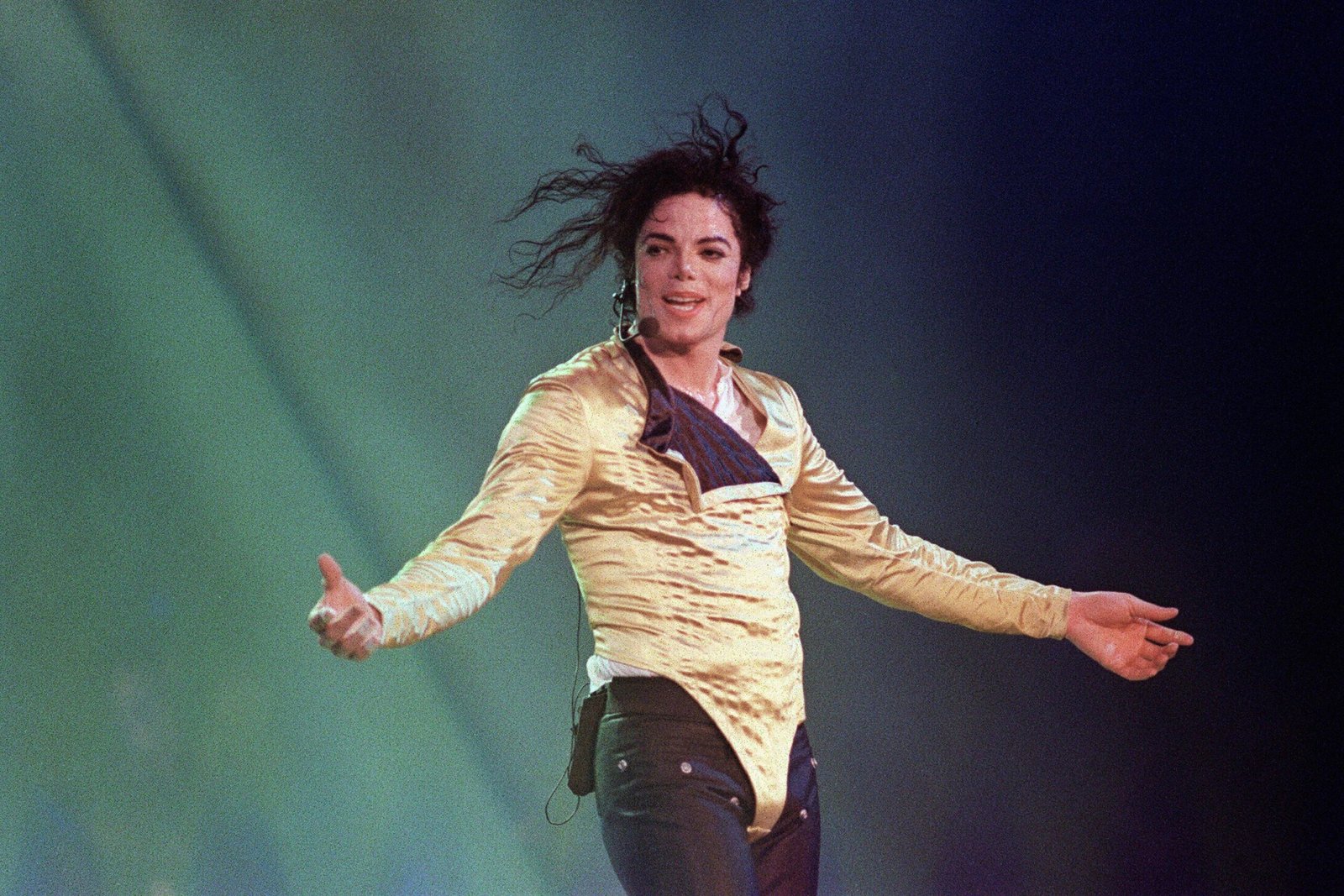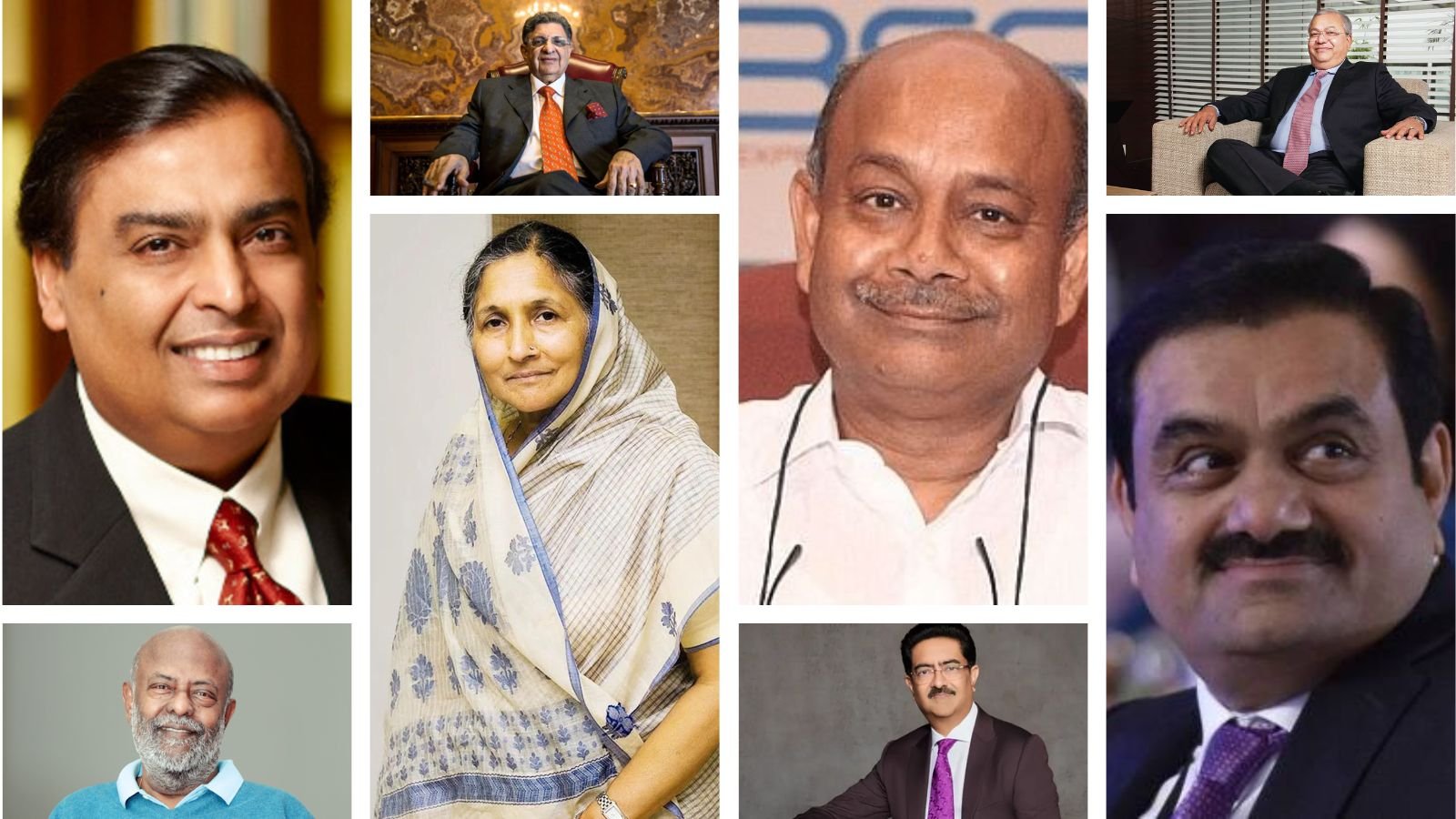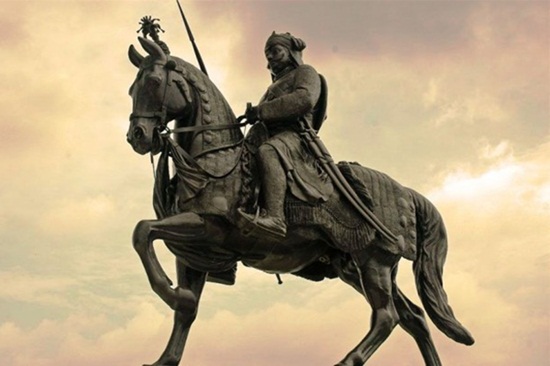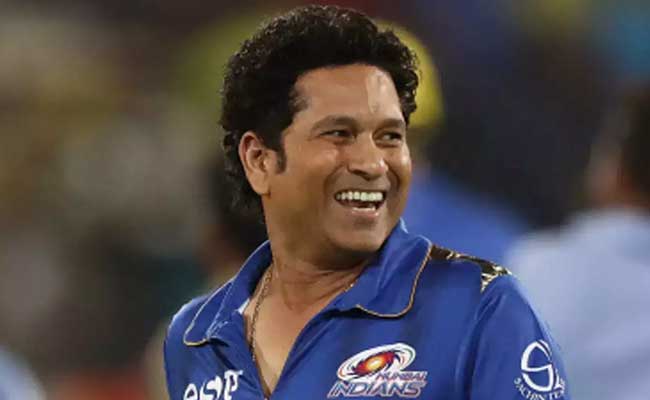Diego Maradona: Diego Maradona is widely regarded as one of the greatest football players of all time. He was a charismatic and controversial figure who captured the hearts of football fans around the world with his incredible talent and larger-than-life personality. Maradona’s impact on the game of football and on his home country of Argentina was immense, and his legacy endures to this day.
Diego Maradona Early Life and Career
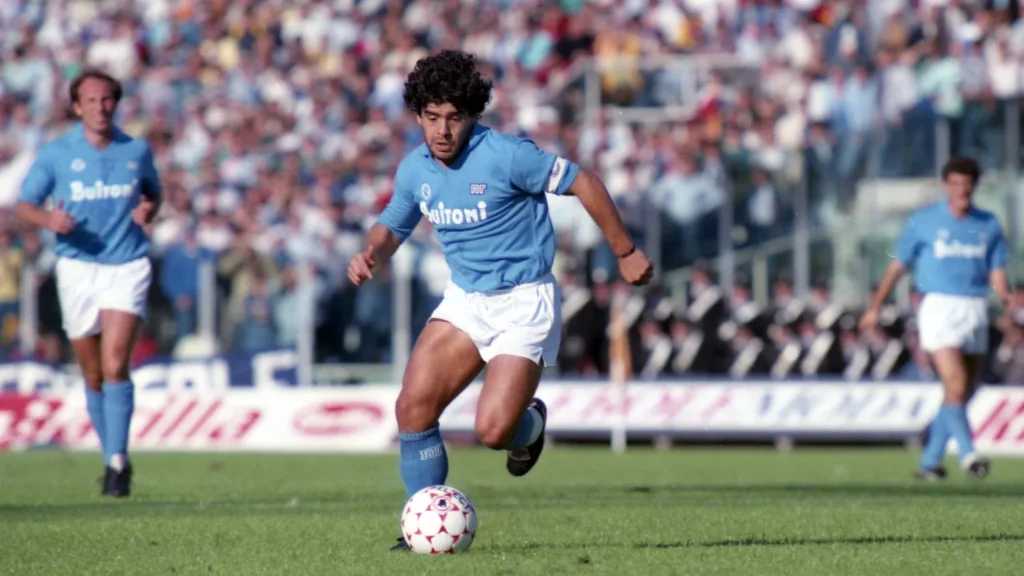
Diego Armando Maradona was born on October 30, 1960, in Lanús, a suburb of Buenos Aires, Argentina. He grew up in a poor family and began playing football at a young age. He quickly demonstrated a natural talent for the sport, and by the age of 16, he had joined the Argentinos Juniors, a professional football club in Buenos Aires.
Maradona’s talent on the field quickly became apparent, and he soon caught the attention of larger clubs. In 1982, he signed with Barcelona, one of the top clubs in Europe. He spent two seasons with the club, where he established himself as one of the best players in the world. However, his time at Barcelona was also marked by controversy, including disputes with the team’s management and clashes with the media.
World Cup Glory
Maradona’s crowning achievement came at the 1986 FIFA World Cup, held in Mexico. He led Argentina to victory, scoring five goals and providing five assists over the course of the tournament. In the quarter-finals, he scored what is widely regarded as one of the greatest goals in the history of the World Cup. In a match against England, Maradona dribbled past five English players and scored, a goal that became known as the “Goal of the Century.” In the same match, Maradona also scored another goal, which he later famously described as the “Hand of God” goal, as he used his hand to punch the ball into the net.
Maradona’s performance at the 1986 World Cup cemented his status as a football legend and made him a hero in Argentina. His achievement was particularly significant given the political and economic turmoil that the country was facing at the time. Maradona became a symbol of hope and pride for the Argentinian people, and his victory at the World Cup is still remembered as one of the greatest moments in the country’s sporting history.
Diego Maradona Controversy and Tragedy
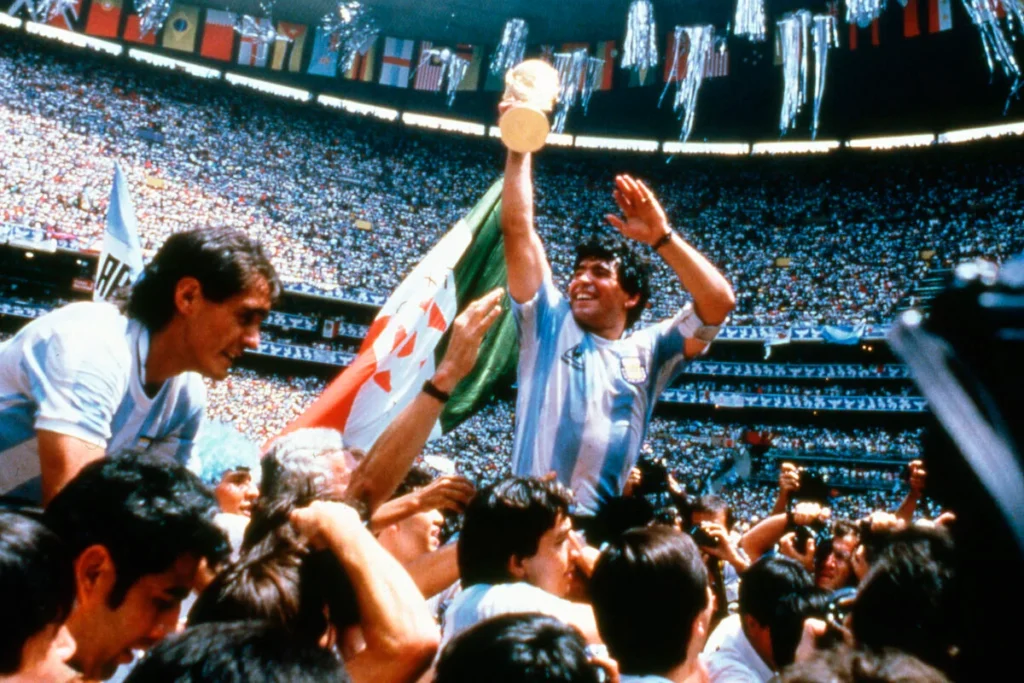
Maradona’s career was not without its controversies and tragedies. He struggled with drug addiction throughout his life, which affected his performance on the field and led to numerous health problems. He was also involved in several high-profile scandals, including a positive drug test at the 1994 World Cup and a brawl with journalists in 1998.
Maradona’s personal life was also marked by tragedy. He suffered from a number of health issues, including obesity and heart problems, and he underwent several surgeries over the years. In 2018, he was hospitalized with internal bleeding, and in November 2020, he died of a heart attack at the age of 60.
Legacy and Impact
Despite his controversies and struggles, Maradona’s impact on the game of football and on his home country of Argentina was immense. He inspired a generation of football players and fans with his incredible talent and his passion for the game. His victory at the 1986 World Cup remains one of the most iconic moments in football history, and his name is synonymous with Argentinian football.
Maradona’s legacy extends far beyond the world of football, however. He was a cultural icon who represented the hopes and dreams of the Argentinian people, particularly those from marginalized communities.
Read Also: Sachin Tendulkar
![]()

